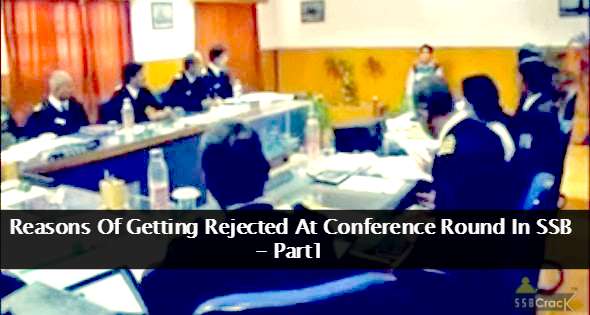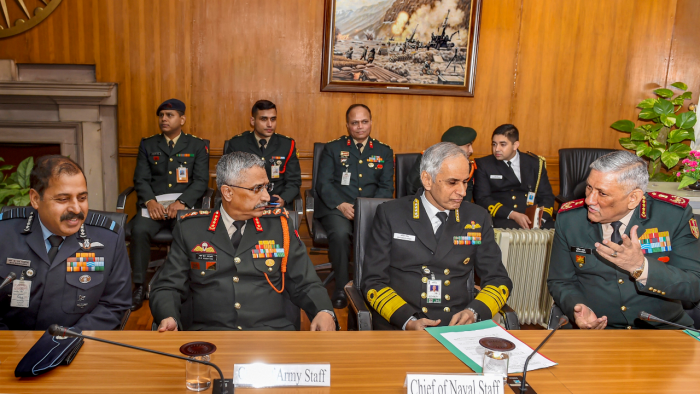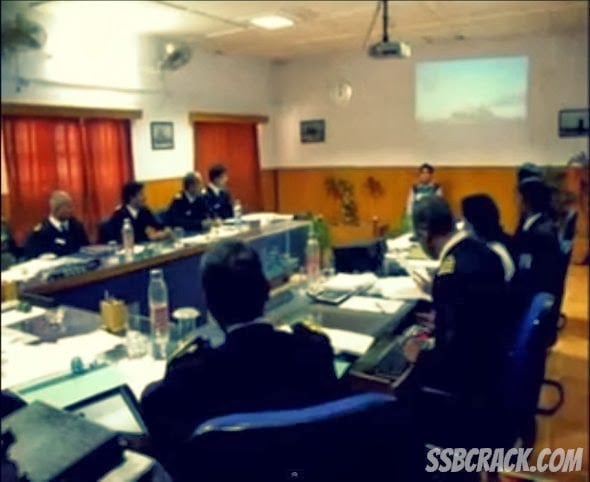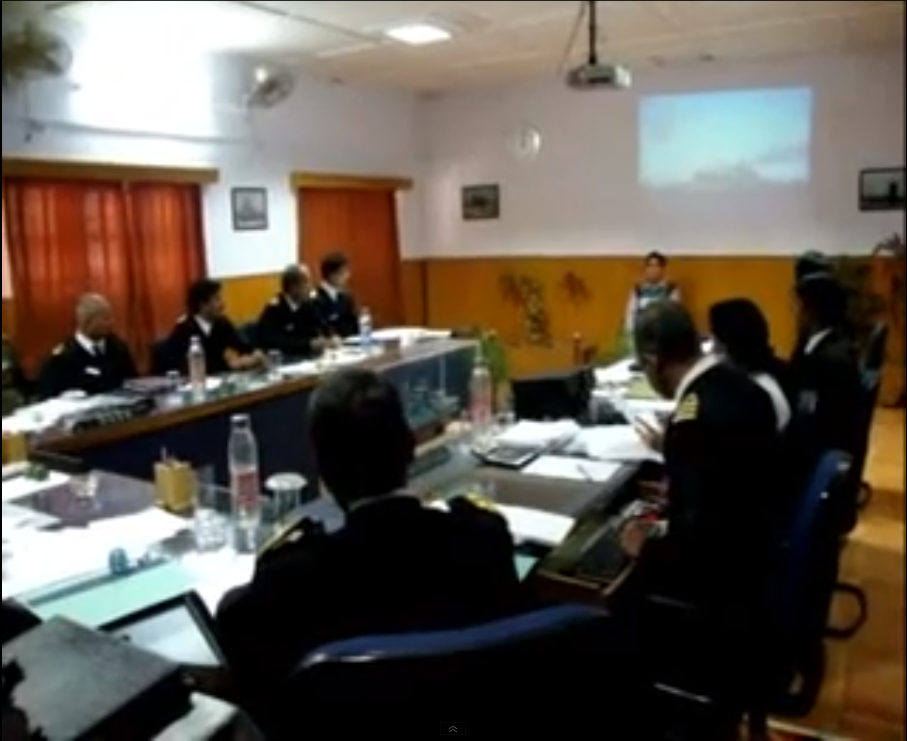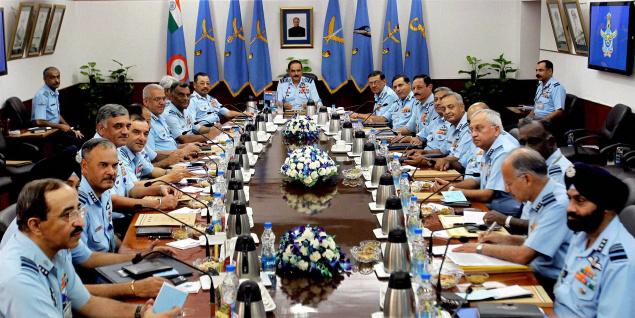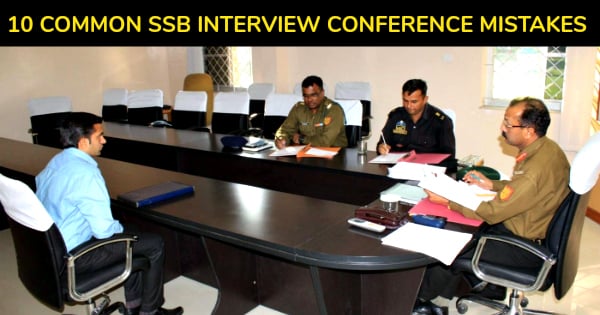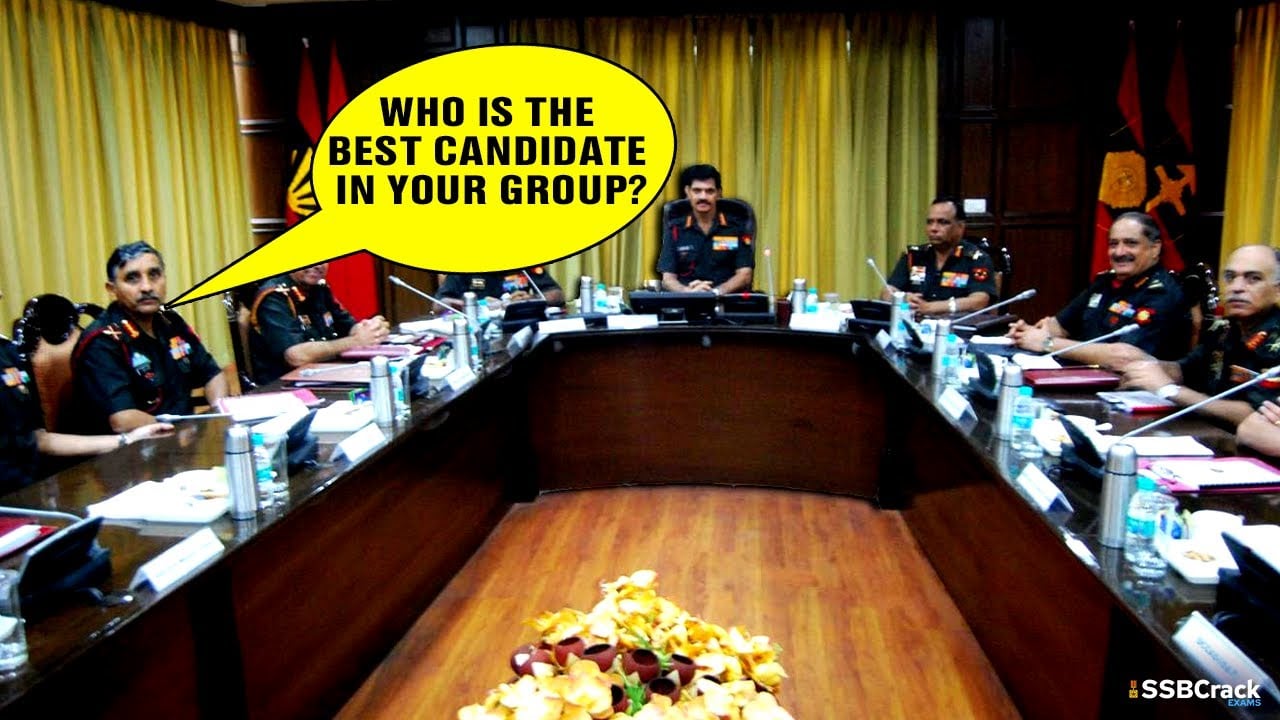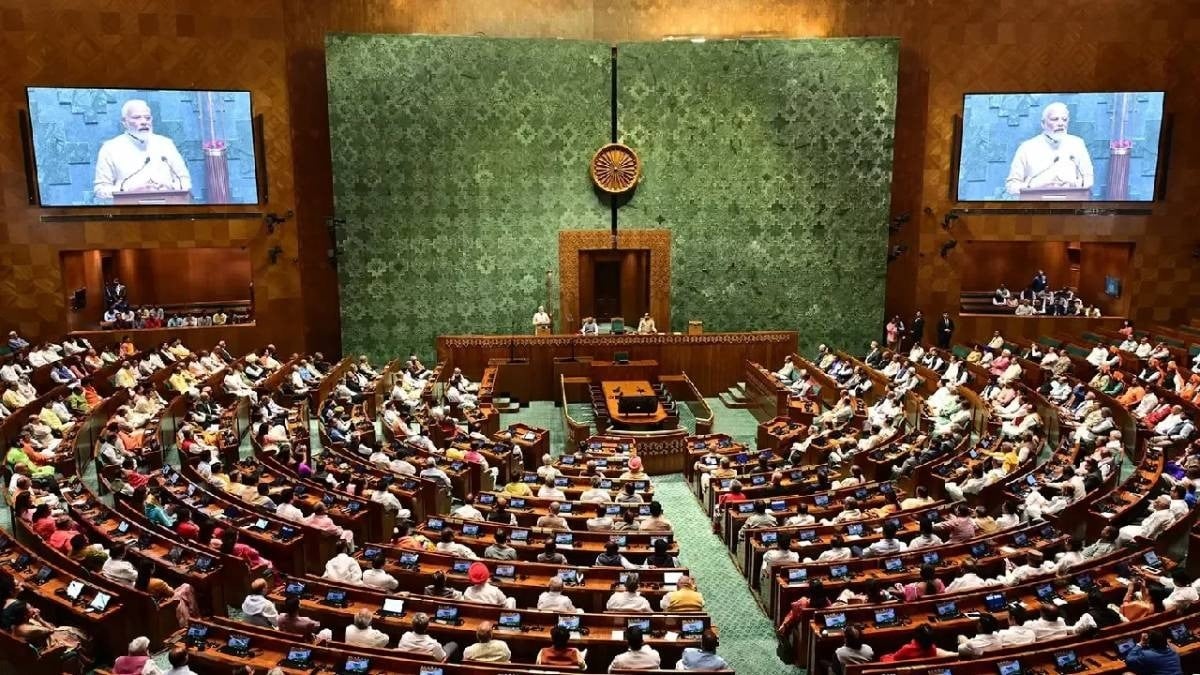The journey to becoming an officer in the armed forces is fraught with challenges, particularly during the screening process known as the SSB (Services Selection Board). Many aspirants face rejection at the very first stage, leaving them puzzled and disheartened. It’s crucial to unravel the reasons behind these rejections to foster growth and improvement for future attempts.
The SSB consists of multiple assessment rounds, primarily focused on evaluating the Officer Like Qualities (OLQs) of candidates. This evaluation occurs during three key stages: Psychology, Group Testing Officer (GTO), and Personal Interview (PI). Those who make it through these rigorous assessments advance to the much-anticipated conference round, where the final recommendations are made. However, it is not uncommon for aspirants to be left wondering about the rationale behind their rejection despite believing they performed well.
Candidates often voice misconceptions and myths surrounding the rejection process. For example, many may believe that their command of the English language played a pivotal role, thinking that speaking fluent English gives an edge over peers. Others may feel that a longer conference session should have indicated a favorable assessment, while some might question why individuals speaking in different languages were selected instead of them. Additionally, there are those who believe that excelling in psychological assessments and impressing interviewers guarantees success.
It’s vital for candidates to understand that rejection is a part of the selection process and doesn’t reflect their worth or capabilities. Common reasons for rejections during the conference round can include:
-
Misinterpretation of Personality: Sometimes, candidates receive guidance that misaligns with their genuine personality traits, leading assessors to misunderstand their true potential.
-
Mismatched Assessments: There could be variability among the assessors’ evaluations. For a candidate to be recommended, all three assessors must agree on their suitability, which can be challenging if interpretations differ.
- Inadequate Demonstration of OLQs: Candidates may fail to adequately demonstrate the essential qualities required for selection, even if they believe they performed well in other areas.
Improvement is always possible, and understanding the specific areas that need attention is crucial. There’s a structured approach to prepare for the SSB, focusing on psychological readiness and personality development. Ensuring that preparation aligns with the key competencies expected by the assessors is essential for success. Misconceptions can skew candidates’ perspectives and hinder their performance if they dwell on myths rather than addressing actionable insights and areas for personal growth.
For those seeking guidance through this intricate process, engaging in personalized mentoring can be beneficial. It opens avenues for self-assessment and improvement tailored to individual needs, enhancing the chances of success in future attempts. It’s important for candidates to remain positive and persistent, recognizing that dedication and the right approach can lead to achieving their aspirations.
The path to success may be a challenging one, but with resilience and focused effort, every aspirant can overcome hurdles on their way to realizing their dreams. There’s always a way to enhance performance and strategy, and reaching out for help can provide the necessary support to tackle the upcoming challenges. Dedication, coupled with the right guidance, is indeed the recipe for success in the quest for a fulfilling career in the armed forces.
